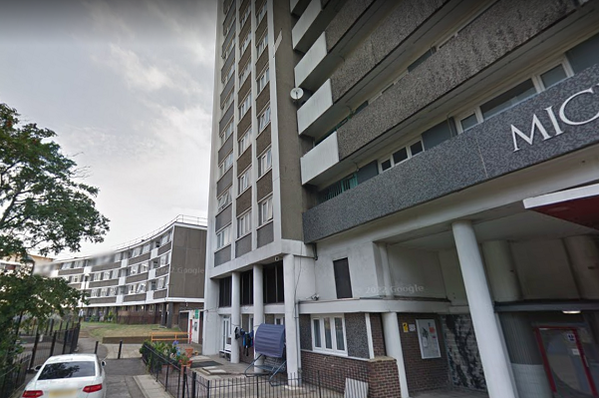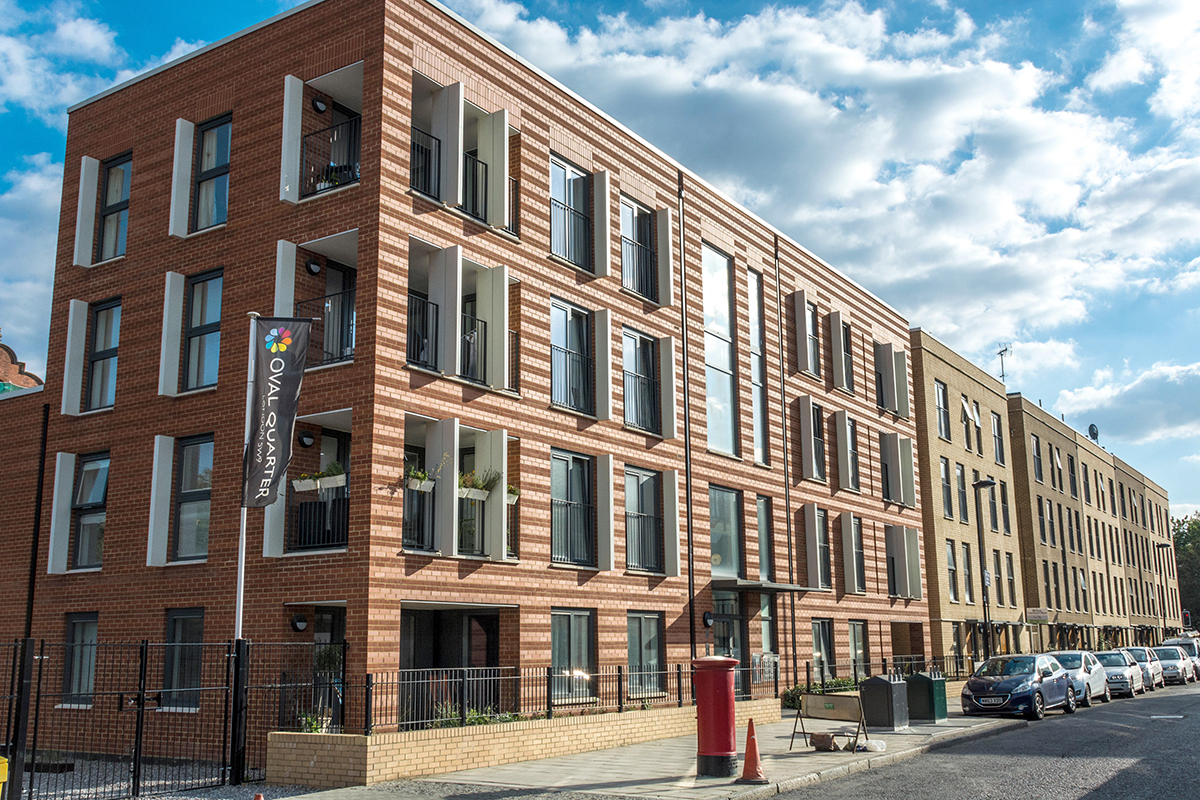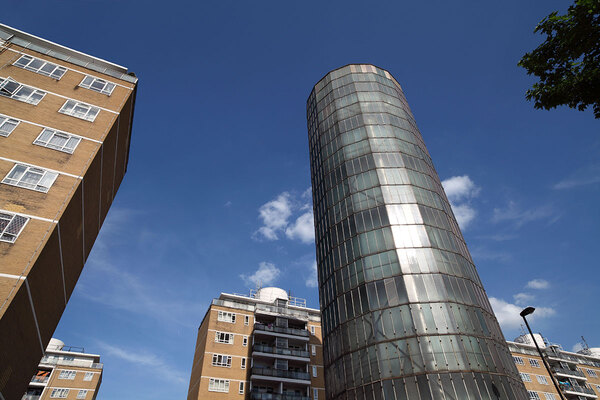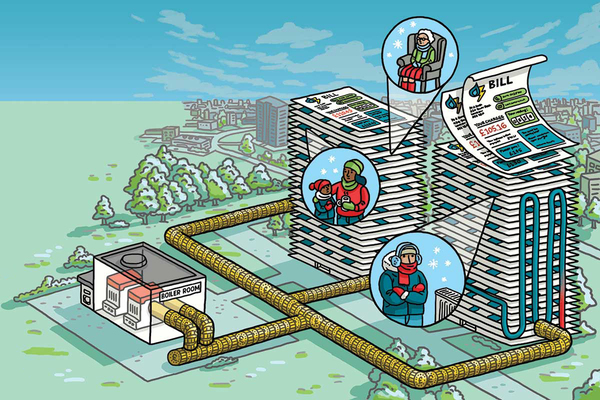You are viewing 1 of your 1 free articles
Tenants criticise council’s decision to turn off communal boilers for 11 hours a day
Social housing residents in a north London borough have expressed concern over the council’s decision to turn off communal boilers for 11 hours a day to reduce energy bills – limiting their access to heat and hot water.

The restrictions apply to around 4,700 council properties served by communal heating systems with a centralised boiler.
In October last year, Islington Council reduced how much communal heating residents would receive each day from 18 hours to 13 hours – typically five hours in the morning and eight hours in the afternoon and evening.
The council said the measures were solely introduced to limit energy bills for residents, which would be three times higher without this action and support from its reserve funding.
It consulted on the plans and said it received support from 67% of residents.
Almost all properties with communal heating did not have heat between midnight and 6am before the changes were introduced, the council said.
But a petition regarding boiler issues at the Redbrick Estate, which is maintained by contractor Osborne, has reached nearly 200 signatures.
Its creator claims residents are “waking up to no hot water and freezing cold temperatures time and time again”, including her 72-year-old grandmother.
“This has caused her to have severe chest infections, sleepless nights, extreme low moods and feelings of being left to suffer alone,” they said.
A tenant of Quaker Court told Inside Housing: “Since they changed the hours, our communal boiler keeps breaking down and we have to wait for it to be fixed. Yesterday I called them at 7am, it got fixed at 10.55pm, and it [the boiler] goes off at 11pm.”
Groups from several estates have considered launching tribunal proceedings against the council.
The Finsbury Estate Tenants and Residents’ Association commented: “Islington Council’s heating restrictions are against our basic human rights. We should have choice as to when to have our heating on and our water hot. We have vulnerable people, old people [and] people with differing needs.”
“Improving our poor insulation and suggesting voluntary restraint on energy use don’t seem to have even been considered,” the group added.
“We have grouped together with other estates in the borough and are researching what can be done to challenge this.”
More than 27,000 Islington residents live in low-income households, and the average weekly energy cost for tenants with communal heating increased from £10.60 to £17.40 in November.
One woman said her ill mother, who lives in a block for vulnerable and older people, was “struggling in the afternoon” without heating. She added that tenants there had raised complaints.
A Finsbury Estate tenant said: “It’s very draughty. I’m asthmatic, so putting on a jumper isn’t a fix. It’s the air I breathe that has to be warm or I get sick – and have been all winter.”
Gwen Faulkner, from Cowdenbeath Path, said: “I have found it very difficult as I have health conditions that get affected by the cold, osteoarthritis, and I also live with a long-term skin condition which requires me to have hot baths, which I normally do while my children are at school.
“After I have bathed the kids, there is no hot water left to wash up or have a bath later. I also used to do the washing during the day and at night and hang it on the radiators to dry to save money on the electric and can no longer do that.”
She added: “There are lots of elderly people on this estate and they are struggling, especially with the cold weather.”
Another tenant noted online that there was no heating or hot water when she came home from night shifts.
The council said it surveyed residents in the autumn and that 67% of respondents supported its plan for reductions in services and costs. The council said 719 people responded.
Una O’Halloran, executive member for homes and communities at Islington Council, said: “Energy bills for communal heating on our estates are paid by estate residents, who face big bill increases because of soaring global energy prices. The changes to communal heating hours on some estates in Islington have been made solely made to save Islington residents money on their energy bills.
“The council is spending £1.1m of the heat reserve fund to keep bills lower and soften the blow of vastly increased energy prices. The combination of the council using £1.1m from the heat reserve fund and reduced hours of operation for communal heating systems will significantly cut the average household heating bill for residents who live in blocks with communal heating this winter.
“Residents will be paying an average of £17.40 per week, but without this action, the average bill would be three times higher at £52.28 per week or £226.55 per month. These actions are saving the average resident £34.88 per week off their bill.”
She added: “We will be consulting again with residents to ensure that their voices continue to be heard.”
Osborne did not respond to a request for comment.
Sign up for our tenancy management newsletter
Already have an account? Click here to manage your newsletters












